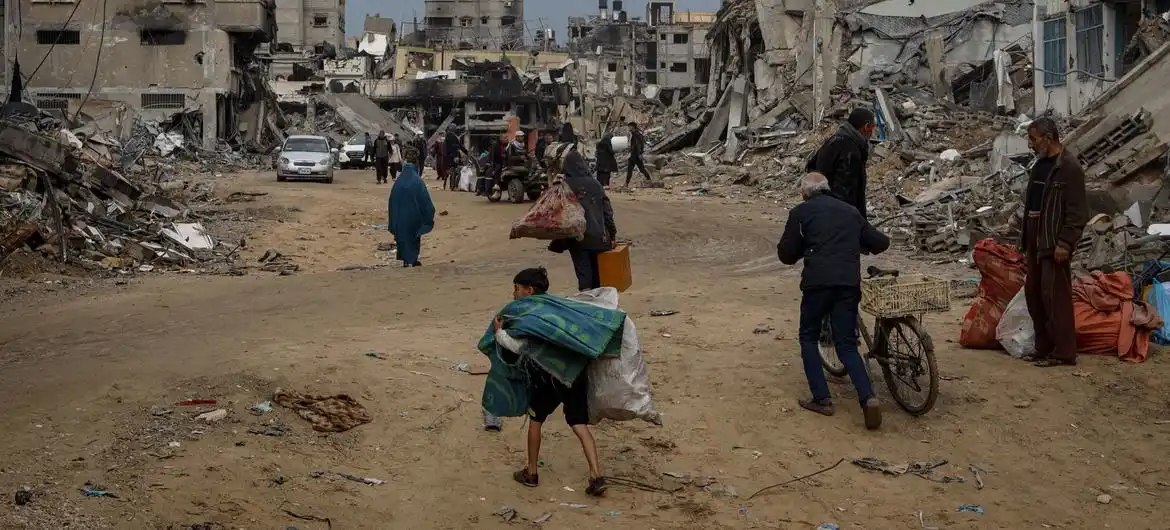Worldwide Recruitment Energy
The Conflict in Gaza and Its Impact on the Global Energy Industry
Although Israel and Gaza do not significantly contribute to this production, the instability generated by the conflict has the potential to indirectly affect the flow and global prices of these essential commodities. The world’s economic and energy interdependence means that any sign of turbulence in this region immediately raises concerns about the security of energy supply and global economic stability, highlighting the delicate network of connections that supports the international energy system.
Immediate Market Reactions:
Following the attack by Hamas, oil prices experienced significant increases, reflecting market anxiety over possible supply disruptions. However, the IEA has indicated that, for now, the markets remain stable, attributing the increase to future concerns rather than direct impacts.

After the attack by Hamas, oil prices saw significant increases, reflecting market anxiety over potential supply disruptions.
The immediacy with which energy markets responded to the conflict in Gaza highlights their sensitivity to geopolitical instabilities. Following the attack by Hamas, oil prices saw a notable increase, reflecting concern over potential disruptions in the flow of essential supplies. This reaction underscores how geopolitical events can quickly influence market expectations, even before concrete changes in supply materialize. The IEA has noted that, despite this initial volatility, the markets seem to have regained some stability, but the situation keeps investors and analysts alert to market dynamics and the possible long-term consequences of this conflict. The price fluctuation, in this case, was a reflection of market anxiety about uncertainty, rather than a direct result of supply interruptions, demonstrating the complexity of global energy markets and their interconnection with the geopolitical sphere.
As seen in the article, the conflict in Gaza underscores the inherent volatility associated with the dependence on fossil fuels and the importance of accelerating the transition towards cleaner and more stable sources of energy. In the long term, this situation could catalyze global efforts towards energy sustainability, emphasizing the need to diversify sources and promote the development of renewable technologies.





